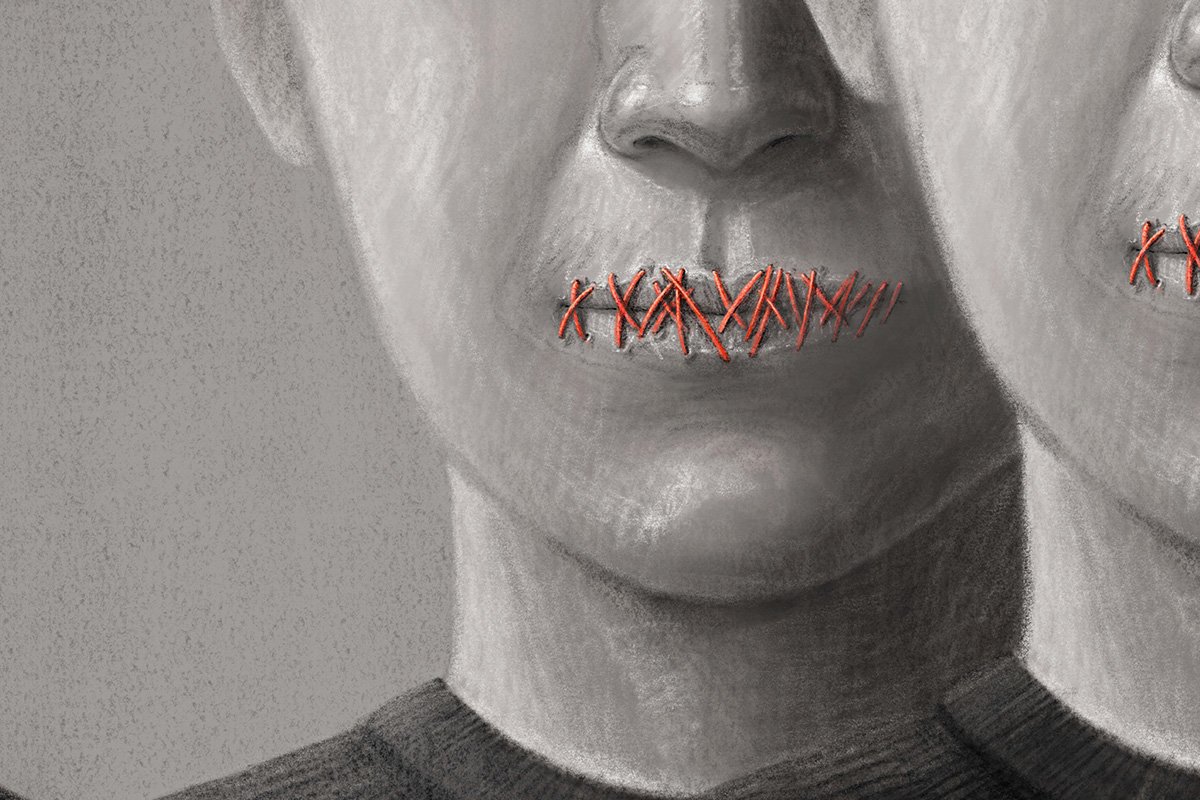July 26, 2015; New York Magazine
For a social movement to thrive, it has to leave the control of the people who started it and gather momentum sufficient that other interested parties can add their energy to it, keeping it rolling. For decades, women in the entertainment field have been sharing their stories about alleged molestation at the hands of Bill Cosby. It took Hannibal Burress’s comedy routine to make it go viral, but now that it has, the notion has gained enough social weight that it travels on its own.
The most recent set of figurative hands to give the message a push belong to New York Magazine. Six months ago, NYM began compiling interviews from the 30 women (at the time) who had come forward and alleged that they had been assaulted by Cosby, the actor and comedian whose public persona has all but unraveled since the allegations went viral last year. Since the start of the project, another five women came on board, and the piece was published Sunday night on the magazine’s website: interviews with the each of the women, and a photograph documenting all 35 women, including an empty seat to symbolize those victims who chose not to be interviewed and those who had not come forward at all.
The testimonies show an abusive and manipulative Cosby, one leagues apart from Cliff Huxtable, the lovable father-figure persona the world had come to embrace. According to the allegations in the article, not only did he prey on strangers, but he also exploited his relationships with close female friends. Among the women are actresses and supermodels like Janice Dickinson, but also salespeople, lawyers, teachers, and waitresses across 10 states.
As noted in the feature article, the interviews from the women about the incident are remarkably similar. Many of the alleged victims were young, impressionable women looking to break into show business. Cosby would make himself out to be someone looking to mentor the women and help their careers. Universally, as noted in the Temple University’s basketball coach Andrea Constand’s 2005 lawsuit, the allegations say that Cosby gave the women some kind of drink laced with a drug that partially or fully incapacitated them before the assaults. In response to his friend Joyce Emmons complaining about a headache:
“I had a terrible headache, and I said, ‘Bill, do you have some Tylenol? I have a mother of a headache.’ And he said to me, ‘I have something stronger.’ And I said, ‘You know I don’t do drugs.’ He said, ‘You’re one of my best friends. Would I hurt you?’ And I believed him.”
Many recall feeling a similar shame in the aftermath. “This happened when I was 18. It took me a long, long time to come to terms with the fact that it was him, it wasn’t me,” said Linda Joy Traitz. Traitz also says she was given a pill after which Cosby attempted to assault her. She fought him off.
Sign up for our free newsletters
Subscribe to NPQ's newsletters to have our top stories delivered directly to your inbox.
By signing up, you agree to our privacy policy and terms of use, and to receive messages from NPQ and our partners.
Tamara Green, now an attorney, had been an aspiring singer and model when she met Cosby. According to her testimony, she was assaulted in the early 1970s. Like the others, Cosby gave Green some pills, after which she became ill and he assaulted her. Along with Costand, Green was the second woman to go public with her story and identify herself as a victim.
“From the first day until this day, I have told everyone who would sit still long enough,” said Green. “If it comes up at all—last year, I sold a truck to a fella, and I remember sitting in the cab of the truck telling the story, and him looking at me like I had two heads.”
Green’s attitude echoes the sentiment of the piece as well as the growing movement to empower victims of acquaintance rape or date rape.
“I didn’t realize that I had been raped,” said Joan Tarshis. “Back then, rape was done in an alleyway with somebody holding a knife to your throat that you didn’t know. There was no date rape back then. I just knew that something horrible had happened.”
Much of the media coverage has centered on the credibility of these women, while Cosby’s storied reputation has been enough to keep him afloat for years. But the women mention the relief of knowing they are not alone in this “sisterhood,” which is the crux of the New York Magazine piece.
“The part of it I wasn’t prepared for was the onslaught of women that have been assaulted and them telling me their story because I told mine,” said former supermodel Beverly Johnson.
Even though Cosby has not been charged with any crime, the consequences of these revelations have been far-reaching, extending further and further into the nonprofit sphere. It goes to show the power of sharing uncomfortable truths, and how voices united—even shaky ones—can sound a clarion call.—Shafaq Hasan












